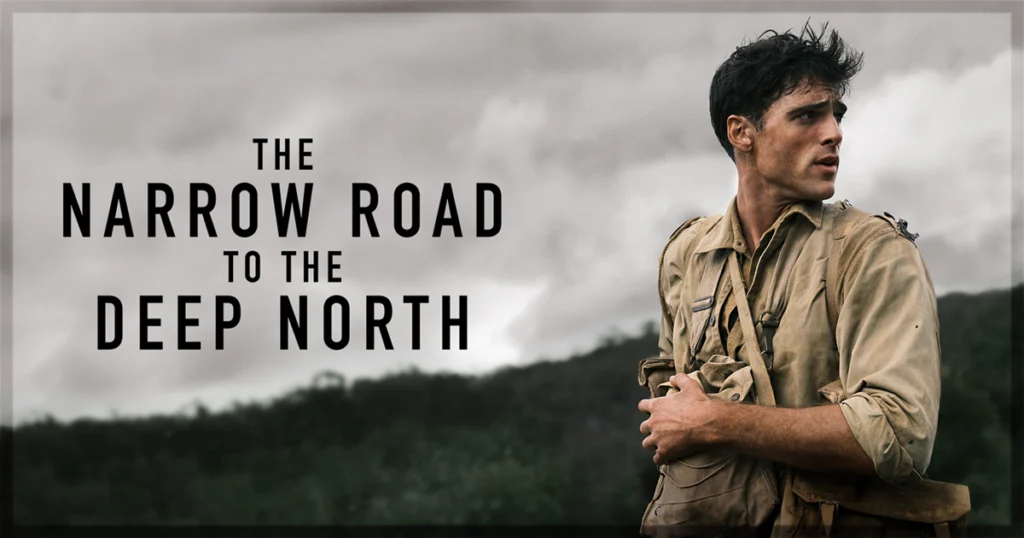This loving but very sad movie obeys a stereotype of Spanish cinema by handling a complex issue – in this case, domestic violence – through the eyes of a very small girl. The Spirit of the Beehive handled the Spanish civil war this way, as Summer 1993 handled AIDS and 20,000 Species of Bees handled transgender issues. But Rita is less interested in a broader metaphor, and more interested in re-enacting the most important week in a person’s life, which just happened to happen when the titular Rita (Sofía Allepuz) is seven.
She lives with her little brother Lolo (Alejandro Escamilla) and her parents, taxi driver José Manuel (Roberto Álamo) and housewife Mari (Paz Vega, who also directed and cowrote the script, more on which later). It’s Seville in the 1980s and Spain is still very much a country only just coming out from under oppression. Gender roles are strictly enforced all around town and José Manuel expects to rule the roost behind closed doors. Not that closing doors provides much privacy in their apartment building. The kids are so used to their father losing his temper they just roll their eyes and get out of the way. But it’s clear Mari is nearing the end of her rope, as some whispered conversations with her sister Merche (Amada Santos) make clear.
Not that Rita and Lolo are listening of course; they have their own concerns. For one thing there’s a slightly older neighbour boy, Nito (Daniel Navarro), who Rita is not supposed to play with because he doesn’t have a dad. This only makes him more intriguing, of course. More happily the nice neighbour lady Chari (Paz de Alarcón), who often and cheerfully is roped into babysitting, might let Rita play with her makeup and teach her flamenco dancing. But mostly it’s that the world is exciting when you’re seven. Every day is a new adventure and you have your mother there with you to help when you are hungry, scared or sad.
This, Ms. Vega’s directorial debut, is clearly a passion project. The sweaty, summery cinematography by Eva Díaz sticks very close to Rita without being either cloying or trite, two big accomplishments. The amount of freedom such a small child is allowed to play outside unsupervised and come and go from the apartment as she pleases is shocking for modern audiences, though entirely normal and appropriate in that place and time. And yet. The choice to tell this story with the understanding of a seven-year-old makes ambiguous the nuances of what us truly happening between the adults, and it’s therefore easy to miss the significant undercurrents of the plot. Rita is too busy wondering about Nito and why his arm is in a cast to consider if she’s missing a bigger picture. For the adults watching it’s clear Rita and Lolo have one parent selflessly putting them first and another who hardly cares about them at all. The sequence at the swimming pool, where Lolo is thoughtlessly frightened out of his wits and Rita reacts by getting literally out of her depth, is an expert depiction of casual, careless homegrown terror.
The portentous subtitles before the closing credits make clear what point Ms. Vega is trying to make, but the movie might have been more interesting from the point of view of Nito. He is just that bit older to have a clearer understanding of what can happen between mommies and daddies, but not yet old enough to do anything about it. The unkind rumours about him and his mother (Beatriz Cotobal) also ensured that even if he’d tried, no one would have listened. To be a helpless bystander in these circumstances might be more memorable even than being the person in Rita’s position. The final interaction between the children wouldn’t have needed to be changed to keep the same amount of pathos, either. But instead Ms. Vega is clearly using her directorial debut to exorcise some demons. There is absolutely nothing wrong with that, especially since handling dark issues from a child’s perspective makes them considerably easier to watch. But that lets the audience of adults off the hook. If this is meant to be a story about the last days of a not very innocent innocence, a more knowing perspective would have raised the stakes.
All that said, this is a fine slice of life handling a complex issue many directors refuse to touch, and Rita’s world is brought to life with an expertise that belies this being Ms. Vega’s first feature film behind a camera. Let’s hope in her next film she is able to give her plot the scope it deserves.
Rita recently screened at the Glasgow Film Festival.
Learn more about the film at the IMDB site for the title.
You might also like…
‘The Narrow Road To The Deep North’ Review: Justin Kurzel’s Uncomfortable Truth about WWII


